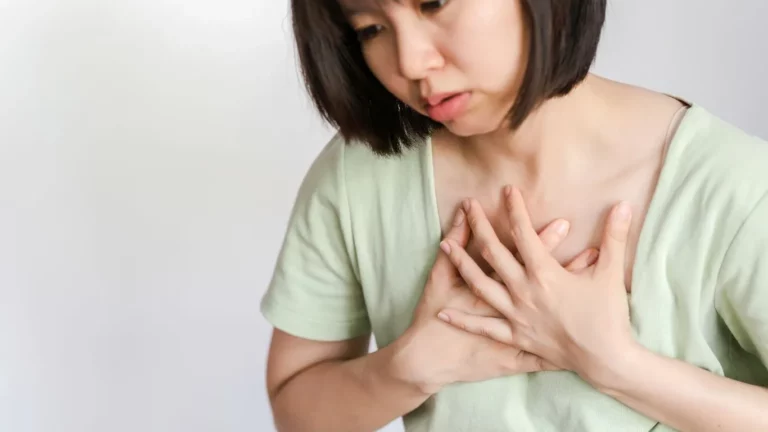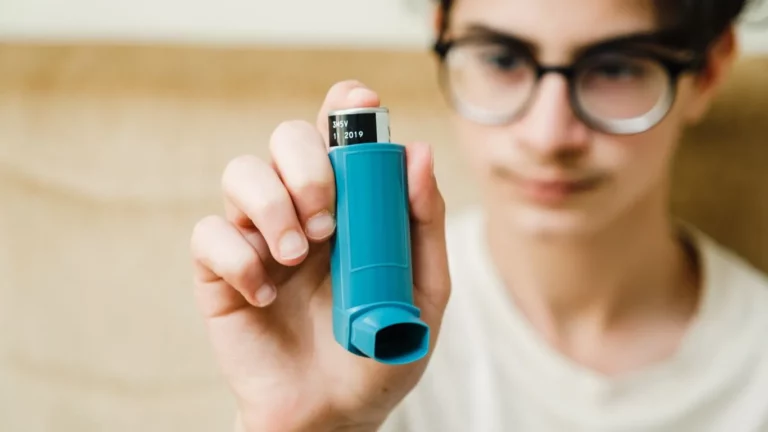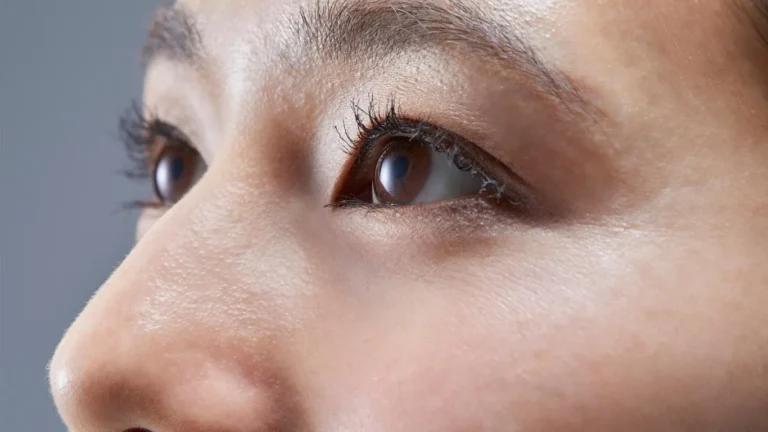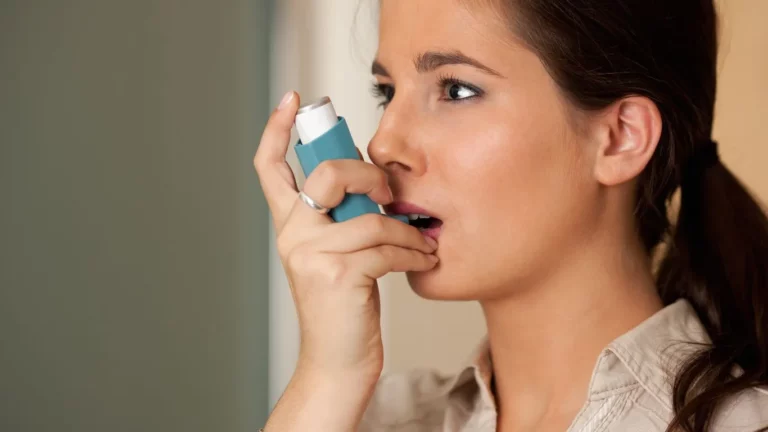Surprising Truth: Can Asthma Cause Headaches After Eating? Avoid These Triggers Now
If you’ve ever found yourself rubbing your temples after lunch and wondering, “Can asthma cause headaches after eating?”—you’re not alone. Honestly, I’ve had more than a few patients bring this up during follow-ups, and I can’t blame them. When your body feels out of sync after a meal, it’s easy to wonder if there’s a deeper connection going on. As a pulmonary nurse practitioner, I’ve spent years treating asthma in all its forms, and one thing I’ve learned is that it’s not always just about the lungs. Sometimes, the symptoms creep into places you wouldn’t expect—like your head.
Is There a Link Between Asthma and Headaches After Eating?

Let’s unpack this. Asthma is an inflammatory condition that primarily affects the airways, but it doesn’t always stay in its lane. When the inflammation is systemic or when asthma triggers overlap with food-related issues—like allergies, histamine intolerance, or GERD—it can cause a domino effect that results in headaches shortly after meals.
And this isn’t just theory. I’ve seen it happen, especially in patients who have overlapping conditions like allergic rhinitis or eosinophilic esophagitis. In some cases, the headaches come on minutes after eating. For others, it creeps up gradually, usually when the meal involved something they’re mildly sensitive to—think dairy, MSG, or high-histamine foods.
Asthma, Oxygen, and Headache Onset
When you’re dealing with asthma—especially if it’s poorly controlled—your oxygen levels can dip without you even realizing it. That subtle drop can lead to a vascular-type headache, which often feels like pressure in the forehead or behind the eyes. If you’ve just eaten, your body is also diverting blood flow to aid digestion, which can compound the issue. Combine low oxygen with digestion demands and boom, here comes that familiar headache.
Here’s a real-world example: I had a patient, mid-40s, controlled asthmatic, who kept getting dull headaches after meals. We ruled out sinus issues and migraines, but it turned out she was eating highly processed meals full of sulfites—a common asthma trigger. Once she cleaned up her diet, the headaches disappeared. That was a lightbulb moment for both of us.
Common Culprits Behind Post-Meal Headaches in Asthmatics

There’s no one-size-fits-all answer, but several food-related factors could be at play:
- Food allergies or intolerances – These can cause a release of histamines or other inflammatory compounds that exacerbate both asthma and headaches.
- GERD (Gastroesophageal Reflux Disease) – Super common in asthma patients, reflux can cause both chest tightness and headaches, especially after eating acidic or spicy foods.
- MSG, nitrates, and sulfites – Found in processed foods, these are notorious for triggering both bronchospasm and headaches.
- Hypoglycemia – Some people experience blood sugar crashes after carb-heavy meals, which can show up as fatigue, dizziness, and—you guessed it—a pounding headache.
Watch for Patterns in Your Diet
One piece of advice I give my patients: keep a symptom journal. If you’re noticing headaches post-meal and you have asthma, jot down what you ate, how you felt before and after, and if any other symptoms flared up—like wheezing, coughing, or fatigue. Patterns start to emerge pretty quickly. I can’t tell you how many times we’ve identified a sneaky food trigger that way.
Understanding Inflammatory Pathways

This might sound a bit technical, but hang with me—it’s important. Asthma is an inflammatory disease, and so are many types of headaches. When your immune system is already on high alert from asthma, it doesn’t take much—like certain foods or digestive stress—to push you into a pro-inflammatory state. That systemic inflammation can manifest as pressure or pounding in your head. It’s not all in your head (pun intended); it’s a real physiological response.
So yes, while the question “Can asthma cause headaches after eating?” might sound oddly specific, the answer is a strong maybe—and it often depends on the individual’s triggers, asthma control, and what’s going on in their digestive system. It’s a messy, fascinating intersection of systems, and I’ve seen it play out more times than I can count.
Managing Asthma-Related Headaches After Eating
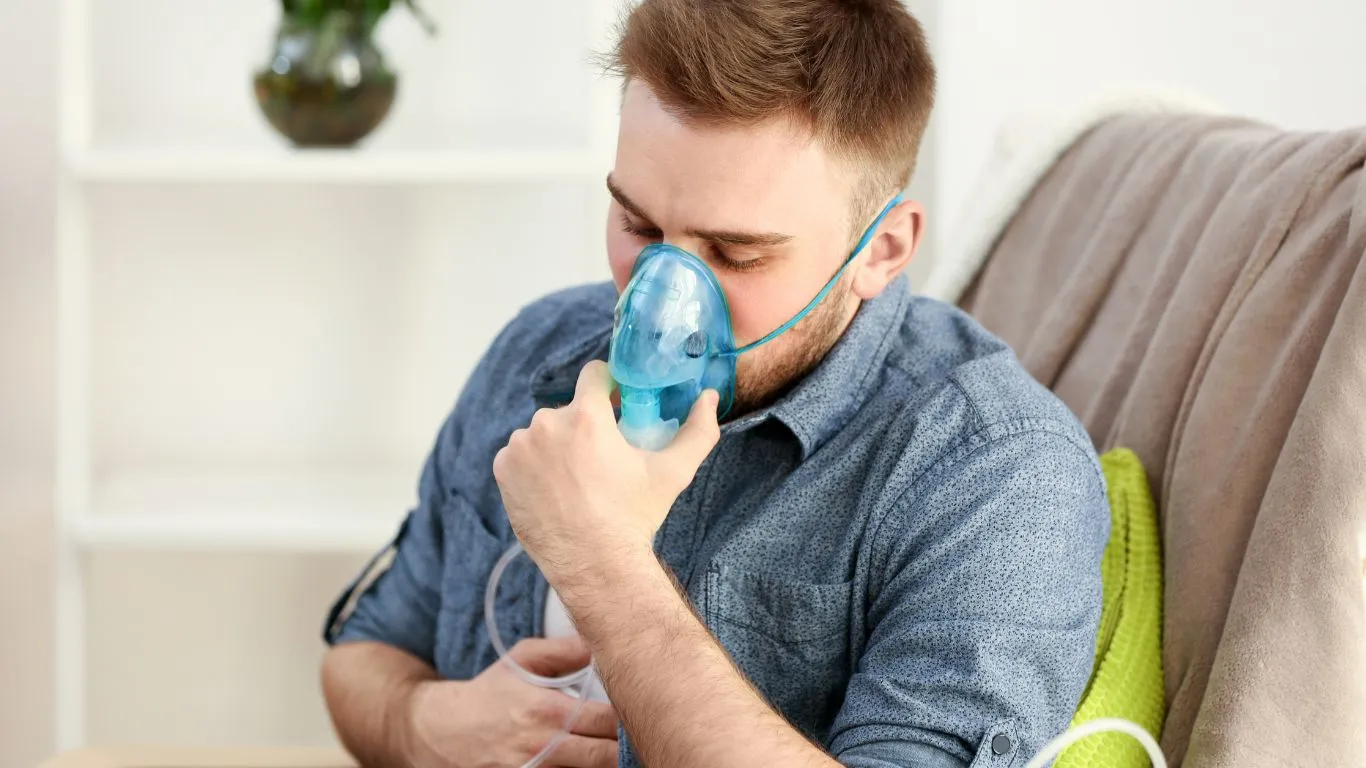
So, you’re wondering how to stop those pesky headaches that hit after a meal, especially if you’re dealing with asthma. From my experience as a pulmonary nurse practitioner, the key lies in a multi-pronged approach that tackles both your asthma and any underlying triggers in your diet or lifestyle.
Optimize Your Asthma Control
The very first step is making sure your asthma is well-controlled. This might sound obvious, but you’d be surprised how many patients underestimate how much their asthma status influences other symptoms. Uncontrolled asthma means more inflammation, which can spill over into other parts of the body—including your brain.
Here’s what I often recommend:
- Regular medication use: Don’t skip your inhalers, especially your controller medications like inhaled corticosteroids. These help reduce overall airway inflammation.
- Monitor your symptoms: Use a peak flow meter if you can, or keep a symptom diary. Early detection of worsening asthma can prevent flare-ups that might contribute to headaches.
- Work closely with your healthcare provider: Adjustments in your asthma action plan can make a big difference.
When your lungs are breathing easy, it’s less likely that your headaches after eating will be triggered by poor oxygen exchange or systemic inflammation.
Identify and Avoid Food Triggers
From the cases I’ve managed, food is often the sneaky villain behind post-meal headaches. But identifying the exact culprit can be tricky because symptoms don’t always hit immediately and can vary widely from person to person.
Here’s how I advise patients to approach this:
- Keep a detailed food and symptom journal: Track everything you eat and drink along with your symptoms. This can highlight patterns or specific items causing trouble.
- Consider common triggers: Foods high in histamine (like aged cheese, smoked meats, wine), preservatives like sulfites, and food additives such as MSG can exacerbate asthma and headaches.
- Elimination diets: Under the guidance of a dietitian or healthcare provider, try removing suspected triggers for a few weeks, then reintroduce them one by one.
In my practice, I’ve seen many patients benefit from cutting back on processed foods and switching to a whole-food diet, which often helps reduce overall inflammation.
Role of Gastrointestinal Issues in Post-Meal Headaches

Another piece of this puzzle is your digestive system. Many asthma patients suffer from GERD or acid reflux, which can cause chest tightness, coughing, and sometimes headaches after eating. Why? Because reflux irritates the vagus nerve, which plays a role in both breathing and pain sensation.
In fact, I had a patient who kept getting intense headaches right after dinner, alongside nighttime coughing. After some tests, we found GERD was the underlying cause. Treating the reflux helped dramatically—not just the asthma symptoms but the headaches, too.
Tips for Managing GERD-Related Symptoms
- Eat smaller meals: Large meals can increase reflux and trigger symptoms.
- Avoid trigger foods: Spicy dishes, caffeine, alcohol, and fatty foods often worsen reflux.
- Don’t lie down right after eating: Give your body time to digest before hitting the couch or bed.
- Consider medications: Over-the-counter antacids or prescription treatments can reduce acid reflux and ease symptoms.
Addressing GERD not only helps your lungs but can also reduce the frequency and intensity of headaches after eating.
Why Hydration and Sleep Matter

Here’s something I always emphasize in my consultations: don’t overlook the basics. Dehydration and poor sleep are huge contributors to headaches and can worsen asthma control. It’s amazing how much difference drinking enough water and getting solid rest makes in reducing these symptoms.
When your body is dehydrated, blood vessels can constrict, triggering headaches. Plus, dehydration thickens mucus, which can exacerbate asthma symptoms and reduce oxygen delivery. Combine that with fatigue, and you’re setting yourself up for a headache post-meal or anytime.
Simple Strategies to Boost Hydration and Sleep Quality
- Drink water consistently throughout the day: Aim for at least 8 glasses, more if you’re active or live in a hot climate.
- Avoid caffeine and alcohol close to bedtime: Both can interfere with sleep quality.
- Stick to a consistent sleep schedule: Going to bed and waking up at the same time every day helps regulate your body’s rhythms.
- Create a restful environment: Cool, dark, and quiet bedrooms improve sleep, which is crucial for asthma management.
Improving these fundamental habits can reduce the frequency of headaches after eating, especially when asthma is involved.
When to Seek Medical Help for Headaches Related to Asthma After Eating

At this point, you might be thinking, “Okay, I get that asthma and headaches after eating can be linked, but how do I know when it’s serious enough to see a doctor?” That’s a really important question, and I want to be clear: while some headaches after meals can be managed with lifestyle tweaks and asthma control, there are times when professional evaluation is essential.
From my years working closely with patients, here are some red flags you should never ignore:
- Severe, sudden headaches: If your headache is intense and comes on quickly, especially if it’s different from your usual headaches, get medical help promptly.
- Headaches with neurological symptoms: Confusion, weakness, vision changes, or difficulty speaking along with headaches require urgent care.
- Headaches not improving despite asthma treatment: If you’ve optimized your inhalers and diet but the headaches persist or worsen.
- Breathing difficulties paired with headaches: If your asthma symptoms worsen with headaches and you struggle to breathe.
It’s always better to be safe. Asthma and headaches both have a broad range of causes, and ruling out serious issues like infections, migraines, or even cardiovascular concerns is part of good clinical care. When you work with your healthcare team, you’ll get a tailored approach that considers your unique history and symptoms.
Diagnostic Tests You Might Encounter
As a nurse practitioner, I’ve seen the benefit of certain tests to get to the root of this problem:
- Pulmonary function tests (PFTs): These help assess how well your lungs are working and whether asthma is truly controlled.
- Allergy testing: Identifying food or environmental allergens that could be triggering symptoms.
- Imaging studies: Sometimes a sinus CT scan or brain MRI is necessary to check for other headache causes.
- Esophageal studies: If GERD is suspected, pH monitoring or endoscopy may be recommended.
These tools, combined with your symptom diary and clinical exam, help paint a clear picture so treatment can be more effective.
Personal Tips from My Practice to Manage Asthma and Headaches After Eating

Before I wrap up, I want to share a few practical tips I often give my patients. These little tweaks have made a big difference for many folks struggling with the frustrating combo of asthma and post-meal headaches:
- Prioritize stress management: Stress can worsen both asthma and headaches. Deep breathing exercises, yoga, or even just taking a walk outside after eating can help calm your system.
- Mind your meal timing: Avoid eating late at night or very large meals, as these can exacerbate reflux and trigger symptoms.
- Stay consistent with your asthma action plan: Knowing when to adjust medications or seek care prevents flare-ups that might lead to headaches.
- Stay informed and proactive: Keep up with your regular check-ups and don’t hesitate to bring up headaches with your healthcare provider.
- Consider professional nutrition guidance: A dietitian experienced in food sensitivities can help craft a meal plan that supports lung health and reduces headaches.
On a personal note, I find that building trust with my patients and encouraging open communication about symptoms—no matter how odd they seem—helps us catch these patterns early. Asthma isn’t just about wheezing and coughing; it affects the whole person.
References and Resources
- American Gastroenterological Association
- American Academy of Allergy, Asthma & Immunology
- American Lung Association
- National Institute of Neurological Disorders and Stroke
Disclaimer
The information provided here is based on my experience as a pulmonary nurse practitioner and current medical understanding. It is not intended to replace professional medical advice, diagnosis, or treatment. Always consult your healthcare provider about any symptoms or concerns you have, especially if symptoms worsen or change.

Bianca Nala is a compassionate Nurse Practitioner with a strong background in primary and respiratory care. As a health writer for Healthusias.com, she combines her clinical expertise with a talent for clear, relatable storytelling to help readers better understand their health. Bianca focuses on topics like asthma, COPD, chronic cough, and overall lung health, aiming to simplify complex medical topics without losing accuracy. Whether she’s treating patients or writing articles, Bianca is driven by a single goal: making quality healthcare knowledge accessible to everyone.


